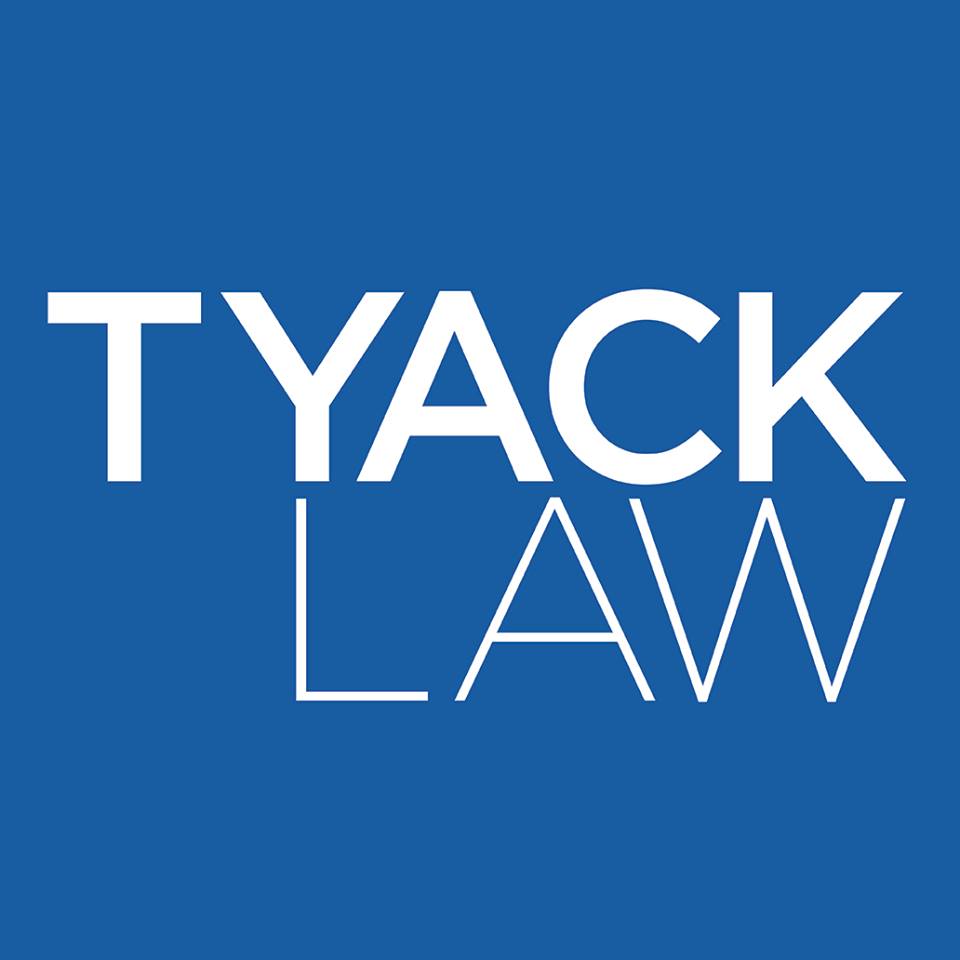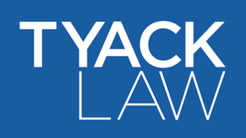
Across the United States, there’s a wide range of laws related to CBD oil use. These often conflicting rules can make it challenging to determine what is legal in their area. All of this is complicated further by how these rules are continuously changing regulations and standards. CBD oil. The laws related to CBD use will continue to be salient and may experience future changes. This post will help you better understand the nuances of the law.
Cannabidiol and CBD Oil in Ohio
Cannabidiol (abbreviated as “CBD”) is one of many active compounds, known as cannabinoids, found in the cannabis plant. CBD is one of the two main molecules in marijuana; the other is tetrahydrocannabinol, or “THC.” Unlike THC, CBD does not have any known psychoactive effects—in other words, the use of CBD does not cause the user to become high. Dozens of studies have found evidence that CBD can be used to treat epilepsy as well as a range of other illnesses, including schizophrenia, heart disease, anxiety, and cancer.
In the United States, cannabidiol (CBD oil) is a Schedule I drug under the Controlled Substances Act. This means that the production, distribution, and possession of CBD oil is illegal under federal law. In 2016, the Drug Enforcement Administration added "marijuana extracts" to the list of Schedule I drugs, which is defined as "an extract containing one or more cannabinoids that have been derived from any plant of the genus Cannabis, other than the separated resin (whether crude or purified) obtained from the plant.”
Schedule I drugs are associated with steeper legal consequences. The schedules are determined by factors like how likely a drug is to cause a substance abuse disorder as well as the medical uses. For example, schedule II drugs are associated with a high risk of misuse; however, they have some medical uses. Schedule I drugs have been deemed as not having accepted medical uses and high addiction or misuse capabilities. While many cannabis drugs are still Schedule I, the legal consequences are often lower than they are with other Schedule I drugs.
There’s extensive debate about whether or not drugs like CBD oil should be lowered to a lower schedule. The U.S. Drug Enforcement Administration has ruled that CBD oil with less than ten percent of tetrahydrocannabinol does not count as a Schedule I drug; this decision is in part because the drug has official medical uses for conditions like children with epilepsy. Certain states have more liberal uses of CBD oil permitted.
In the states where medical marijuana is legal, CBD products are covered by those same medical marijuana legal protections. In Ohio, marijuana, the part of the plant that is not T.H.C., is not legal for recreational use but is legal for medicinal uses. 2022 legislation and ballot initiatives could see additional changes in this law.
CBD Oil
CBD oil derived from Industrial Hemp is generally rich in CBD and other cannabinoids. Hemp is a cannabis plant that is harvested commercially for its seeds and stalks. For cannabis to be legally considered hemp, it must contain no more than 0.3% tetrahydrocannabinol (T.H.C.) per dry weight. Thus, CBD hemp oil is legal in Ohio, but only when the CBD is derived from hemp. This is because hemp doesn’t cause the high associated with marijuana.
CBD Oil Legality in Ohio
One common question people have is, “Is CBD oil legal in Ohio?” On August 25, 2018, the Ohio State Board of Pharmacy issued its Clarification on Cannabidiol (CBD) Oil, which stated that CBD oil derived from hemp or marijuana can only be dispensed in a state-licensed dispensary. Notably, the first state-approved dispensary is still months away from opening. The pharmacy board issued 56 provisional pharmacy licenses in June. Licensees have six months to build out their facilities and meet all obligations in state law and rules. According to the pharmacy board’s guidance, HB 523, which created the state’s Medical Marijuana Control Program, made no exception for the possession or sale of CBD oil. Thus, according to the recently released pharmacy board guidance, HB 523 includes CBD oil in the definition of marijuana, regardless of whether it is a plant extract or synthetic product. CBD oil in Ohio law is still restricted, but its uses have grown.
Is it legal to sell CBD oil in Ohio?
There is a clearly set Ohio CBD law that answers the question. The State of Ohio Board of Pharmacy’s guidelines gives insight into this. All marijuana products, including CBD oil, can only be dispensed in a licensed Medical Marijuana Control Program dispensary. Those marijuana products will have to comply with the rules and regulations of the program. All products must have a known source, as well as known quantities of active ingredients. Testing procedures will be conducted by testing laboratories licensed by the Ohio Department of Commerce.
Specifically, the State of Ohio Board of Pharmacy's Guidance dictates that:
All marijuana products, including CBD oil, can only be dispensed in a licensed Medical Marijuana Control Program dispensary. Those marijuana products will have to comply with the rules and regulations of the program. All products must have a known source, as well as known quantities of active ingredients. Testing procedures will be conducted by testing laboratories licensed by the Ohio Department of Commerce.
Thus, until dispensaries are operational, no one--including board licensees--may possess or sell CBD oil or other marijuana-related products. Violation of the Ohio Revised Code or Ohio Administrative Code can subject a licensee (person or entity) to administrative or criminal action. Shortly after announcing the guidance, however, pharmacy board spokeswoman Ali Simon said she was not aware of any arrests or product seizures as a result of the guidance.
Are CBD gummies legal in Ohio?
While there are legal uses for CBD oil, people often wonder if there are legal uses for CBD gummies in Ohio. As long as you follow the standards above, you can have CBD gummies in Ohio. The gummies must have less than 0.3% T.H.C., and they also must be derived from hemp. Assuming these conditions are true, CBD gummies are legal.
Can you smoke CBD in public in Ohio?
Smoking in public, in general, is prohibited by Ohio law, so smoking CBD oil or hemp flowers in public is not advised.
The Bottom Line on CBD Oil
The law on CBD oil in Ohio may seem complicated, especially because the legality of these types of substances is fairly new. Furthermore, these standards continue to evolve and will evolve for some time as people determine the best way to manage these substances. For the time being, the laws and procedures to get CBD oil are fairly strict, so making sure that you follow the outlined parameters is imperative.
Disclaimer: The information in this blog post (“post”) is provided for general informational purposes only, and may not reflect the current law in your jurisdiction. No information contained in this post should be construed as legal advice from the Tyack Law Firm Co., L.P.A., or the individual author, nor is it intended to be a substitute for legal counsel or representation on any subject matter. No reader of this post should act or refrain from acting on the basis of any information included in, or accessible through, this post without seeking the appropriate legal or other professional advice on the particular facts and circumstances at issue from a lawyer licensed in the recipient’s state, country, county, or other appropriate licensing jurisdiction.
Talk with an experienced Lawyer today
Fill out the form to get started with your case evaluation.













